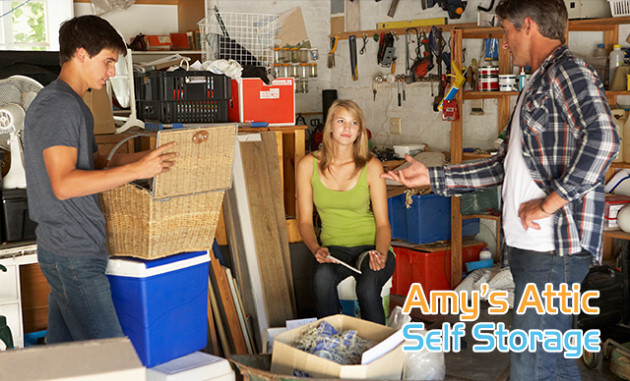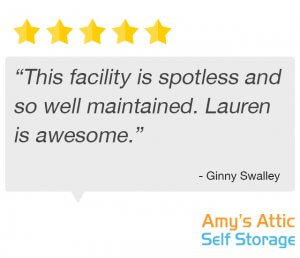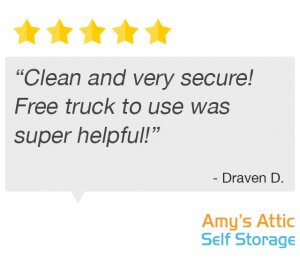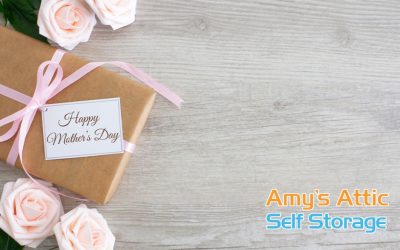In the midst of mourning a loss of a loved one, having to think about how to take care of your loved one’s possessions and affairs can be overwhelming. It can be tough to know where to start, especially if it is your first time being responsible for handling the estate of a deceased loved one. We are hoping that the following 8 tips can help make it easier for you in deciding how to declutter after the death of a loved one.
8 Tips for Handling a Loved One’s Estate
Secure Your Loved One’s Property
- Change locks on your loved one’s home to avoid having unwanted visitors, vagrants, or vandals. It is unknown who has keys to the house.
- Forward all mail to your address. This will help ensure your loved one’s sensitive information and bills are safe. It will also deter any potential robbers from assuming the house is vacant.
- Have your loved one’s emails forwarded to your email. If you have access to a loved one’s email account, it would be a good idea to set up an auto message letting people know that your loved one has passed away and that you will be handling your loved one’s affairs. Then set up email forwarding to your email. This will be helpful in case your loved one has bills and other financial or legal information sent electronically.
Gather Loved One’s Financial and Legal Papers
- Try to gather as many of your loved one’s financial and legal documents as you can find as soon as you are able. This will help with sorting out your loved one’s financial and legal affairs and ensure the documents are not lost in the rest of the sorting process. When searching for these items, be sure to look in offices, drawers, cabinets, and under the bed.
- Look for a will, any passwords, deeds, homeowner’s insurance policy, life insurance policy, bank and other financial statements, stock and bonds certificates, social security information, etc.
Remember to Take Your Time
- Grief can make it hard to think clearly and might cause you to make decisions about your loved one’s belongings that you might regret. Try to give yourself a few weeks (if possible) to process your loved one’s death before you begin sorting your loved one’s possessions.
- Give yourself plenty of time to sort through your loved one’s items (if possible) as many items will likely trigger memories and feelings of grief. Try to go through items only a little at a time in order to help you process your grief and emotions.
Identify Possessions and Have Them Appraised
- Identify other places your loved one might have items, such as, safety deposit box, workplace, or storage unit and try to bring those items to the home for sorting. (* Make sure to bring your loved one’s will when attempting to access those places or you might have to go to probate court to gain access.)
- Have your loved one’s home, jewelry, furniture, antiques, books, art, collectibles (stamps, coins, etc.), etc. appraised to help determine how to sort them and/or what to sell them for.
Decide on a Time-Frame and Set Goals
- Decide which rooms or items you want to sort in what order and decide on a time-frame for each location. Remember to give yourself plenty of time as many items will likely trigger memories and feelings of grief. (* example – Sort the kitchen for 2 hours a day in two weeks, Sort master bedroom in 3 hour increments in one month, etc.)
Ask for Help
- Don’t try to do it all alone if at all possible. Ask friends and family members to help. Friends and family members can be there to help you process your loss, reminisce, and cherish memories of your loved ones. Friends, in particular, can help you throw away items you know need to be thrown away, but can bring yourself to do it.
Begin Sorting into Items to Keep, Throw Away, Sell, and Donate
Keep
- Ask close relatives if there is anything they would like from your deceased loved one’s estate and put aside for them before you really get into the sorting process.
- Put aside any items you know off the top of your head you would like to keep from your deceased loved one’s estate
Decide on a way to solve disputes between relatives who want the same items. Consider taking turns, picking names at random, making sure everyone has items equaling the same value, etc. - Try to limit to what you will keep to what you will realistically use or what will fit in your home. If you find there are too many things you would like to keep, consider saving only couple of your favorites from collectibles or multiple items, taking a photograph of meaningful items, or create something meaningful out of some of the items, such as, pillowcases out of a pieces of clothing.
Throw Away
- Throw away items that are severely worn or perishable. Throw away anything you would not use again. If you find this difficult, ask a friend for help.
Selling and Donating
- Sell high value items, jewelry, antiques, or collectibles online, to dealers, pawn shops, antique stores, etc. before trying to sell them in a yard sale.
- Consider trying to sell anything and everything in good, usable condition, in one or two yard sales and then donating whatever doesn’t sell to your favorite charity.
Store Items if You Need To
- Perhaps there are items that you would like to keep but just don’t have room for at home like sentimental items, generational items, antique furniture, items to give to distant family members, etc. Consider storing these items in the appropriate (possible climate-controlled or alarmed) storage unit.
Amy’s Attic Self Storage
The friendly, knowledgeable, and professional staff at all five of the Amy’s Attic Central Texas locations would be happy to help you find the best storage unit to fit your needs. With 24/7 surveillance and electronic password protected gates, you can be sure your loved one’s precious items will be protected at Amy’s Attic Self Storage.






